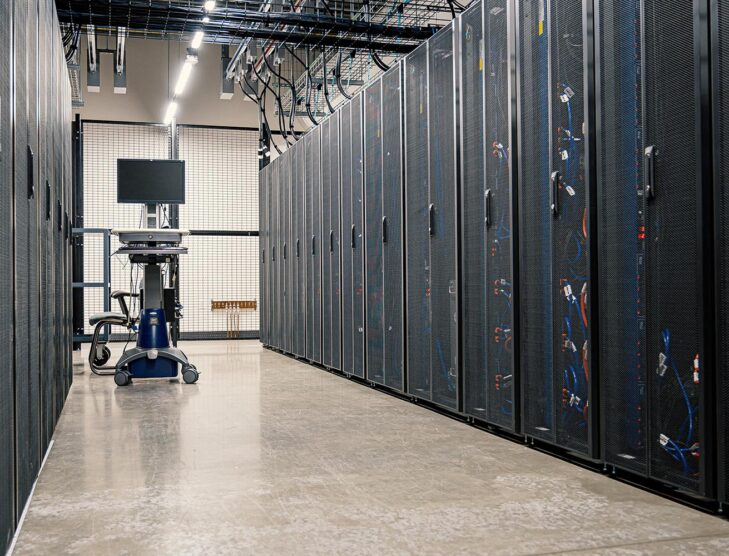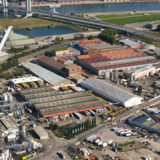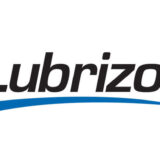
Eaton and Lubrizol partner on immersion cooling for data centers
Eaton Corporation and The Lubrizol Corporation are collaborating to accelerate the development of reliable and sustainable turnkey immersion cooling solutions for data centers, artificial intelligence (AI), edge and far edge computing applications, today and in the future.
“This partnership will leverage Lubrizol’s market-leading CompuZol™ family of patented thermal management immersion fluids, designed and formulated specifically for data centers and related applications, and Eaton’s leadership in the data center market and comprehensive range of products, services, engineering, and manufacturing solutions,” said Matt Joyce, vice president, Corporate New Business Development for Lubrizol. “Both of our companies are committed to increasing energy efficiencies and offering sustainable solutions for data centers and digital infrastructure.”
“Eaton is committed to support state-of-the-art physical infrastructure solutions which require the next level of cooling, be it high high-performance computing in a data center or remote edge computing sites dealing with a harsh environment. Lubrizol’s thermal management fluids are the perfect solution to address these new challenges and facilitate the deployment of modern IT workloads,” said Hervé Tardy, vice president, Strategy & Marketing, Critical Power & Digital Infrastructure (CPDI) Division, Eaton.
Globally, data centers consume an estimated 90 billion terawatt hours (TWh) of power annually, with as much as one-third to one-half going to conventional air cooling and HVAC systems. With more than 80% of the world’s electricity still coming from fossil fuel-based generation sources, the need to reduce energy consumption in data centers is compelling.
Cooling servers by immersing them in specially-formulated thermal management fluids in advanced server tanks offers a more sustainable approach and superior cooling, along with greater computing density, energy efficiency, longer server life and deployment flexibility. Immersion cooling also makes greater computing power more accessible in regions of the world where standard air-cooled data centers are challenged due to high ambient temperatures or poor air quality.
.jpg)










